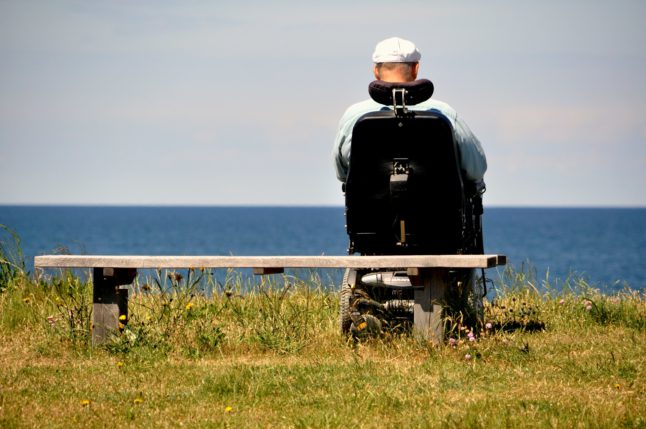The move was agreed upon by the Spanish Congress of Deputies on Tuesday, but must still be approved by Spain’s Health Commission, which is likely to be as soon as this Thursday, June 23rd.
Products extracted from cannabis will be sold in Spanish pharmacies in order to help alleviate symptoms associated with diseases such as multiple sclerosis, some forms of epilepsy, the side effects of chemotherapy, cancer, chronic pain and endometriosis.
The Spanish Observatory of Medicinal Cannabis (OECM) calculates that up to 300,000 people who could use cannabis for therapeutic purposes will benefit.
The cannabis formulas will be prescribed exclusively by health professionals “in a context free of potential conflicts of interest”, states the official text, and will preferably be prescribed by specialists.
A centralised registry of the patients who will use it will be created to ensure it’s only purchased by those who need it.
The text also emphasises that it will be necessary to prevent the supply of cannabis for therapeutic uses from leading to “greater availability and consumption” outside of the context of health benefits.
The text goes on to say it is “absolutely necessary” to prevent the use of cannabis extracts or preparations from being “confused with an invocation of the general use of cannabis by the population”.
To stop this from happening, the Spanish Medicines Agency will prepare a yearly report on the options available, patients, services and volumes of products dispensed.
Although standardised cannabis extracts will be guaranteed, the agreement leaves the door open for the use of the cannabis flower too, to develop “experimental medicinal projects”. Many patients use the flower as a “rescue” medicine during episodes of crisis.
“Many times, the high THC composition of this is too high for a patient. From now on, it will be possible to regulate the amount of THC and make a more personalised adjustment”, explains Carlos Goicoechea, vice president of the Spanish Pain Society and professor of Pharmacology at the Rey Juan Carlos University.
Up until now, only two drugs based on the cannabis plant have been marketed in Spain: Sativex, made up of two extracts of cannabis sativa (THC and CBD), to treat muscle spasticity and pain in multiple sclerosis patients, and Epidiolex (CBD extracted from plants, in oil, for epilepsy associated with Dravet and Lennox-Gastaut syndromes).
The new plan will mean patients who are unable to take these two drugs because of the high dosage will now be able to take specific doses created by the pharmacies.
The president of the General Council of Official Colleges of Pharmacists (CGCOF), Jesús Aguilar, claimed that dispensing the drug through the network of pharmacies reconciles the most demanding criteria of “public health, patient safety, health education and equal access”.
Currently, CBD products are not illegal in Spain provided that they contain less than 0.2 percent of THC, the psychoactive component in weed that makes you feel ‘high’.
READ ALSO: What’s the law on cannabis in Spain?



 Please whitelist us to continue reading.
Please whitelist us to continue reading.
Member comments